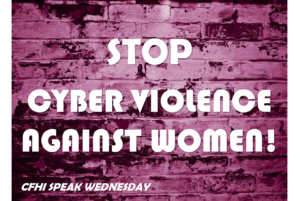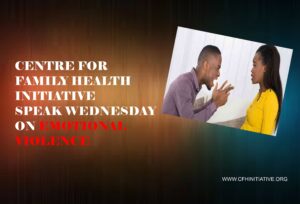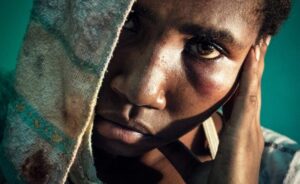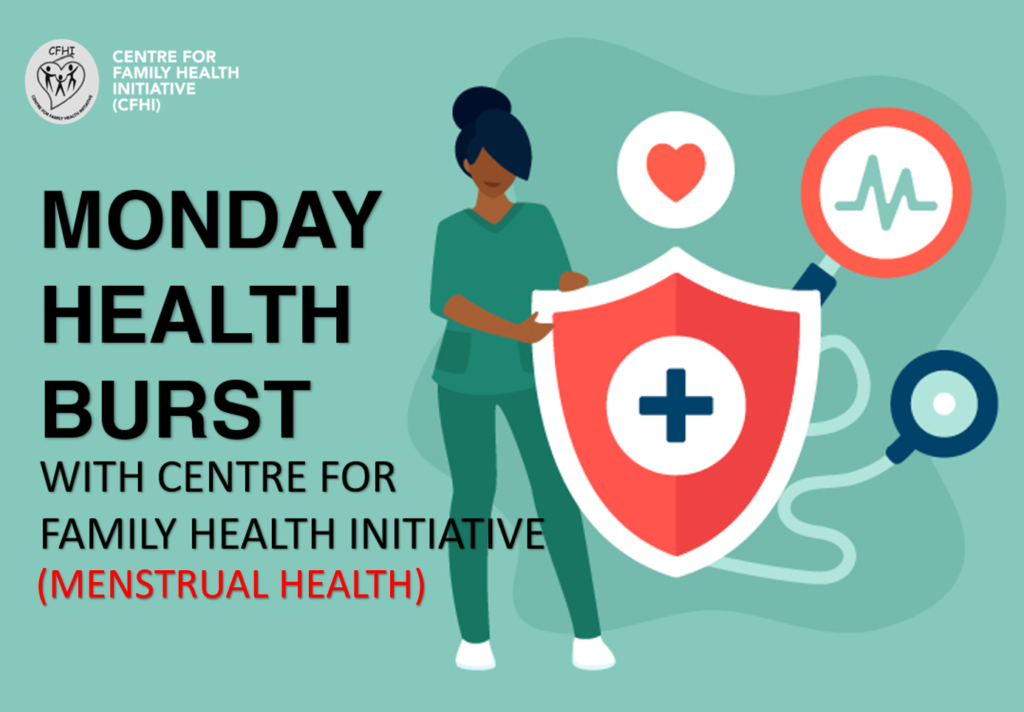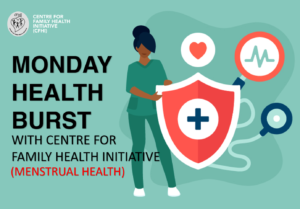MONDAY HEALTH BURST
SEXUAL HEALTH
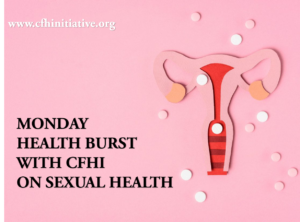
Sexual health is a state of physical, mental and social well-being in relation to sexuality. It requires a positive and respectful approach to sexuality and sexual relationships, as well as the possibility of having pleasurable and safe sexual experiences, free of coercion, discrimination and violence.
Sexual health cannot be defined, understood or made operational without a broad consideration of sexuality, which is a central aspect of being human. It encompasses sex, gender identities and roles, sexual orientation, eroticism, pleasure, intimacy and reproduction.
In promoting sexual health, there are some fundamental human rights attached. They include the rights to equality and non-discrimination, the right to be free from torture, cruelty, inhumane or degrading treatment or punishment, the right to privacy, the rights to the highest attainable standard of sexual health and social security, the right to marry with free and full consent of the intending spouses, and to equality in and at the dissolution of marriages, the right to decide the number of children to have and when to have them, the rights to information as well as education, the rights to freedom of opinion and expression, and the right to an effective remedy for violations of fundamental rights.
Sexual rights protect the rights of everyone to fulfill and express their sexuality with due regard for the rights of others and within a framework of protection against discrimination. Sexual health is a very sensitive and wide aspect of health as it affects the psychological aspect as well as the genital organs.
Gender equality and sexual orientation are very key aspects of sexual health, as there is need for freedom from all forms of discrimination based on gender, need for respect and acceptance of gender differences, need for freedom from discrimination based on sexual orientation, and need for freedom to express sexual orientation in safe and responsible manners within a values framework that is respectful of the rights of others. There is also need to foster the practice of consensual, non-exploitative, honest, mutually pleasurable relationships.
If everyone is made to understand and respect the sexual rights of others, issues of rape, pedophilia, female genital mutilation, child marriage, breast ironing, and all manner of evil perpetrated against girls and even children will be mitigated. There will be more people to make responsible decisions regarding sexuality that will help build a better society. Note also that sexual health is all encompassing and it is incomplete not to mention regular check-ups like health screening, breast and testicular self-scans in order to identify sexual problems in time.
MONDAY HEALTH BURST Read More »

